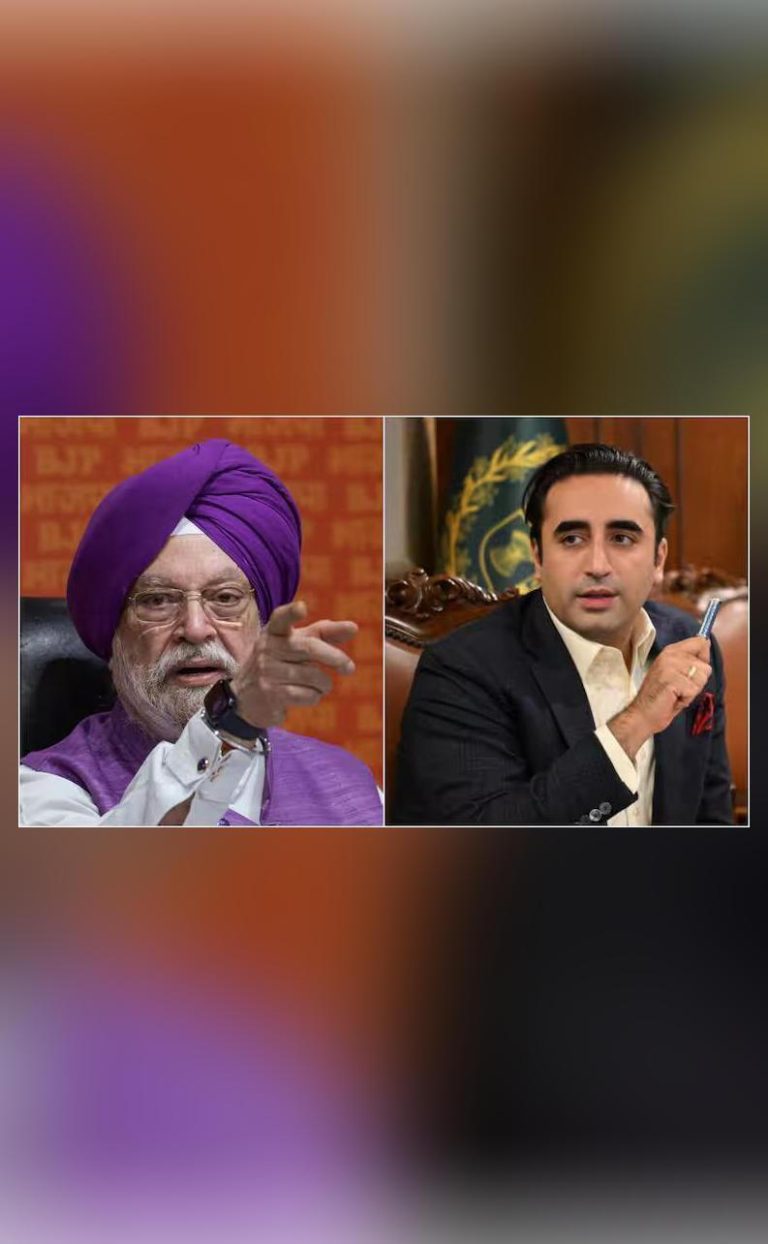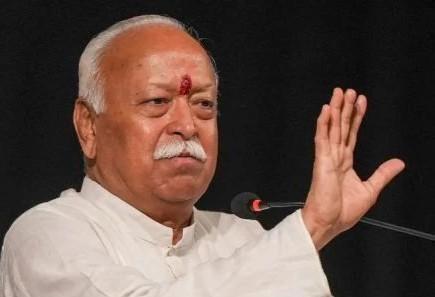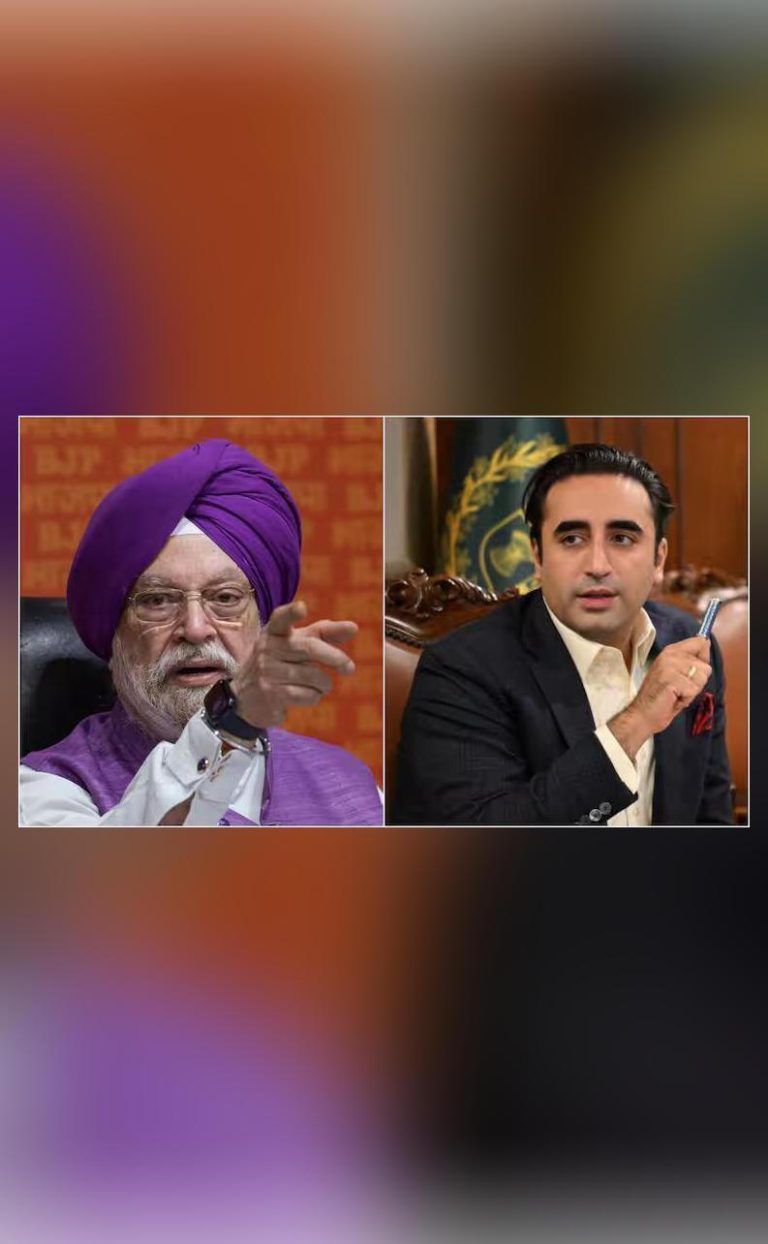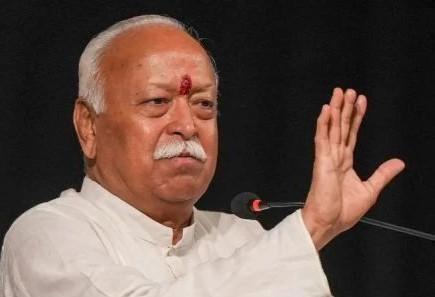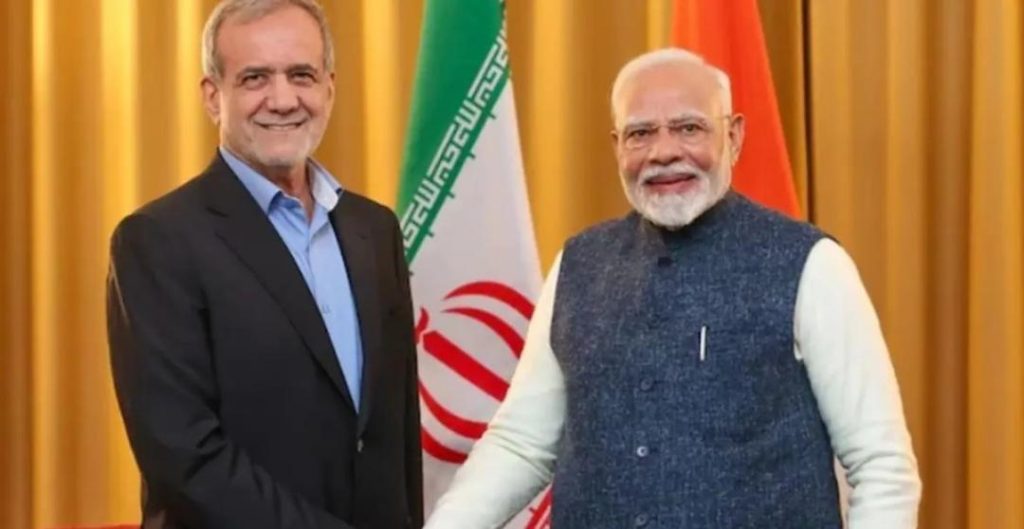
Iran Offers to Mediate between India & Pak after Pahalgam Attack
In the aftermath of the recent terror attack in Pahalgam, Jammu and Kashmir, India and Pakistan have been locked in a tense standoff. The situation has been further complicated by the suspension of the Indus Waters Treaty between the two countries. Amidst this heightened tension, Iran has come forward with an offer to mediate between India and Pakistan.
In a statement on X, Iran’s Foreign Minister, Seyed Abbas Araghchi, wrote, “Tehran stands ready to use its good offices in Islamabad and New Delhi to forge greater understanding at this difficult time.” This offer has been seen as a significant development in the ongoing crisis, as Iran has traditionally maintained good relations with both India and Pakistan.
The Pahalgam terror attack, which took place on [Date], left several people dead and many more injured. The attack was claimed by the Pakistan-based terrorist group, Jaish-e-Mohammed (JeM). The Indian government has accused Pakistan of supporting and sponsoring terrorism, while Pakistan has denied any involvement.
The aftermath of the attack has seen a deterioration in relations between India and Pakistan. India has suspended the Indus Waters Treaty, which was signed in 1960 and regulates the sharing of the waters of the Indus River and its tributaries between the two countries. The treaty is considered a crucial aspect of the relationship between India and Pakistan, and its suspension is seen as a significant escalation in the crisis.
Iran’s offer to mediate between India and Pakistan comes at a time when the situation is at a fever pitch. The country has traditionally maintained good relations with both India and Pakistan, and has played a key role in regional affairs. In recent years, Iran has been involved in efforts to mediate between India and Pakistan, particularly with regards to the Kashmir issue.
Iran’s offer to mediate is seen as a positive development by many, who believe that the country’s involvement could help to ease tensions between India and Pakistan. However, others are skeptical, and argue that Iran’s ability to mediate effectively is limited by its own regional interests and rivalries.
One of the key challenges facing any mediator in the India-Pakistan dispute is the deep-seated mistrust and hostility between the two countries. The Kashmir issue, in particular, is a highly emotive and sensitive topic, and has been a source of conflict between India and Pakistan for decades.
Iran’s offer to mediate is also seen as a way for the country to increase its influence in the region. Iran has been seeking to strengthen its ties with India and Pakistan, particularly in areas such as trade and energy. The country has also been seeking to increase its role in regional affairs, and has been involved in efforts to resolve various conflicts and disputes in the region.
Despite the challenges, Iran’s offer to mediate is seen as a significant development in the crisis. The country’s involvement could help to bring India and Pakistan to the negotiating table, and could potentially lead to a resolution of the dispute. However, the road ahead will be difficult, and will require a significant amount of effort and diplomacy from all parties involved.
In conclusion, Iran’s offer to mediate between India and Pakistan after the Pahalgam terror attack is a significant development in the ongoing crisis. The country’s involvement could help to ease tensions between India and Pakistan, and could potentially lead to a resolution of the dispute. However, the challenges ahead are significant, and will require a significant amount of effort and diplomacy from all parties involved.
